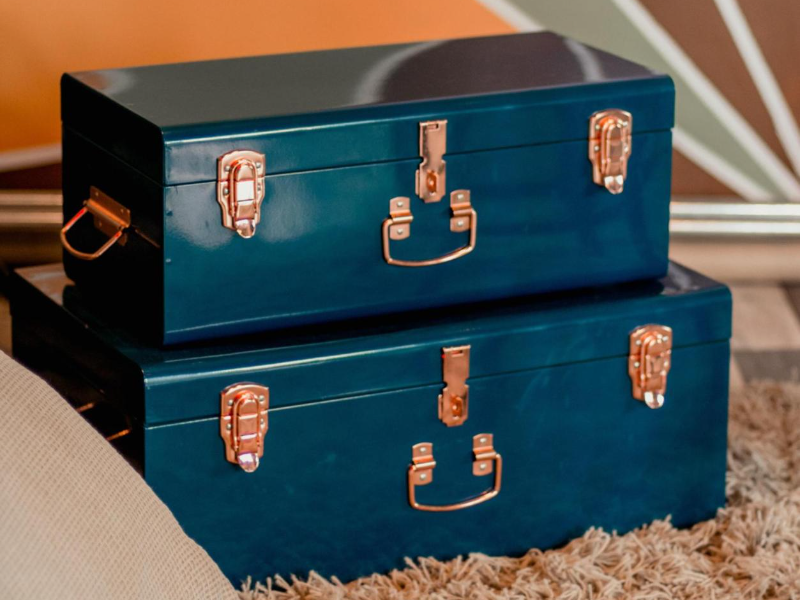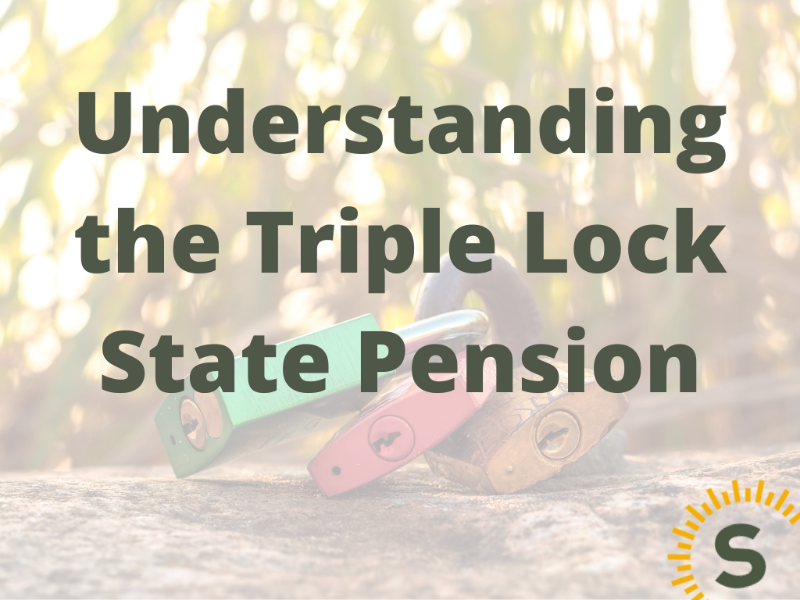
There is no legal requirement to where you store your Will. It’s your choice, however, you need to find a way to store your Will so that it is safe, and of knowledge to your executor. Register your Will to keep a record of its location.
In this insight, we will cover your options on where to store a Will, the risks you face and how best to protect yourself if anything does go wrong!
It's important to store your Will in a location that is safe and secure. There are a few different options for storing your Will to consider:
If you have arranged for a Will Writer to help with your Will, they should be able to offer a storage service for you as an additional option. Opting for this route takes the decision out of your hands. It is often cheaper than storing your Will with a solicitor.
If you have a family solicitor, it would be a well-known easily accessible place to store your Will. Your family should know the Solicitor, which will help with finding it. However, the fees for this service can be expensive. There are still risks involved, such as, what happens if the solicitor goes out of business, or there is a fire on-site.
It’s important to find out exactly how securely it will be stored.
In England & Wales, the probate service will store your Will. There’s a flat fee of £20. Should you need to make any changes you will need to complete a form to obtain access.
Although this provides security, accessing your Will through the probate service is more difficult, compared to a simple phone call to ask your solicitor to get it for you.
It’s free to keep your Will at home. Although, the risks of losing it are much higher. There is also the risk of it getting damaged.
TIP: Tell your Executor exactly where you keep your Will. Let them know if you end up having a tidy-up around the house.
It is not advisable to store your Will in certain places. For instance, if you storing in a Bank safety deposit box. Deposit boxes require a grant of probate before they can be opened by relatives.
This means that if the Will is inside the box, you can't get to it without obtaining probate. And as you need the Will to obtain probate... Catch 22.
Other places you should not store your Will include and reasons why:
If the safe is locked and you pass away, your family may have difficulty accessing the safe to obtain your Will.
A filing cabinet may become lost or damaged over time, and your Will could be misplaced or destroyed by accident.
If you store your Will in a desk drawer, it could be accidentally thrown away or misplaced by someone who is cleaning or organising the space.
Storing your Will in a storage unit could create a situation where your family members are unable to access the Will if they don't have the necessary paperwork to enter the unit. Another catch 22.
If you have not already written your Will or are planning to store it in a more suitable location, you can speak with a Later-Life adviser to find more information on the most appropriate locations to store your Will. Take into account the following:
If you register your Will with the National Will Register, they keep documentation on the location of your Will. It is not compulsory to register, but it is strongly advised. Many Will Writers will register your Will on your behalf as part of their Will Writing services.
The national Will Register also allows you to obtain access to copies and see if Wills exist. However, they do charge for these searches.
The national Will register currently have registered over 9.4 million Wills on their systems.
If you cannot find a Will, you need to have looked in every reasonable storage location and be certain a Will was written. If you still can't find it, apply to the Probate Registry, and it may be possible to administer the estate using a copy. The application follows a strict process and must be accompanied by a witness statement and supporting evidence that the Will existed.
If you are looking for further advice around Will writing and where to store a Will, Sunny Avenue can put you in contact with the most suitable Will adviser. To get started, you can use our Sunny Fact Find for Will Writing. We ask a few questions about your circumstances, and use the answers to determine the adviser best for your needs. We then arrange a no obligation conversation with a friendly adviser from our directory.

Stuart is an expert in Property, Money, Banking & Finance, having worked in retail and investment banking for 10+ years before founding Sunny Avenue. Stuart has spent his career studying finance. He holds qualifications in financial studies, mortgage advice & practice, banking operations, dealing & financial markets, derivatives, securities & investments.
 No minimum
No minimum  Newcastle-under-Lyme, Staffordshire
Newcastle-under-Lyme, Staffordshire Free Consultations
Free Consultations
 No minimum
No minimum  Free Consultations
Free Consultations
 No minimum
No minimum  No obligation consultation
No obligation consultation
 No minimum
No minimum  Kirkby Stephen, Cumbria
Kirkby Stephen, Cumbria Free Consultations
Free Consultations
 No minimum
No minimum  No obligation consultation
No obligation consultation
 No minimum
No minimum  No obligation consultation
No obligation consultation
 £51,000+
£51,000+  Free Consultations
Free Consultations
 No minimum
No minimum  No obligation consultation
No obligation consultation
 £51,000+
£51,000+  Free Consultations
Free Consultations
 No minimum
No minimum  Leicester, Leicestershire
Leicester, Leicestershire Initial fee free consultation
Initial fee free consultation
 £101,000+
£101,000+  Bishop's Stortford, Hertfordshire
Bishop's Stortford, Hertfordshire No obligation consultation
No obligation consultation
 No minimum
No minimum  No obligation consultation
No obligation consultation
 No minimum
No minimum  No obligation consultation
No obligation consultation
 No minimum
No minimum  Free Consultations
Free Consultations
 No minimum
No minimum  No obligation consultation
No obligation consultation
 No minimum
No minimum  No obligation consultation
No obligation consultation
 £51,000+
£51,000+  No obligation consultation
No obligation consultation
 No minimum
No minimum  Coatbridge, Lanarkshire
Coatbridge, Lanarkshire Initial or Ongoing Consultation Fees
Initial or Ongoing Consultation Fees
 No minimum
No minimum  Initial or Ongoing Consultation Fees
Initial or Ongoing Consultation Fees
 No minimum
No minimum  No obligation consultation
No obligation consultation
 £51,000+
£51,000+  Free Consultations
Free Consultations
 £101,000+
£101,000+  Stockton-on-Tees, County Durham
Stockton-on-Tees, County Durham Initial fee free consultation
Initial fee free consultation
 No minimum
No minimum  No obligation consultation
No obligation consultation





Our website offers information about financial products such as investing, savings, equity release, mortgages, and insurance. None of the information on Sunny Avenue constitutes personal advice. Sunny Avenue does not offer any of these services directly and we only act as a directory service to connect you to the experts. If you require further information to proceed you will need to request advice, for example from the financial advisers listed. If you decide to invest, read the important investment notes provided first, decide how to proceed on your own basis, and remember that investments can go up and down in value, so you could get back less than you put in.
Think carefully before securing debts against your home. A mortgage is a loan secured on your home, which you could lose if you do not keep up your mortgage payments. Check that any mortgage will meet your needs if you want to move or sell your home or you want your family to inherit it. If you are in any doubt, seek independent advice.